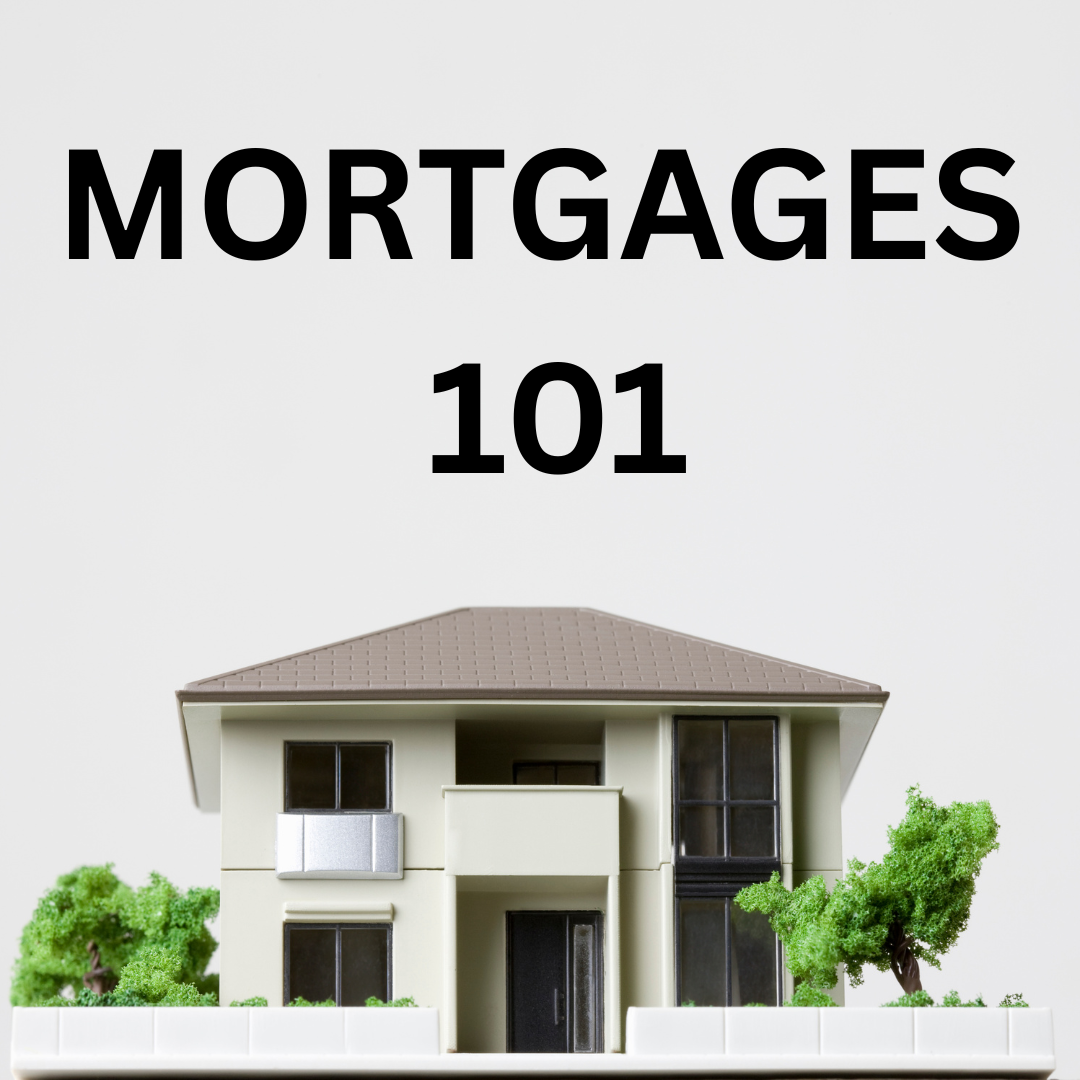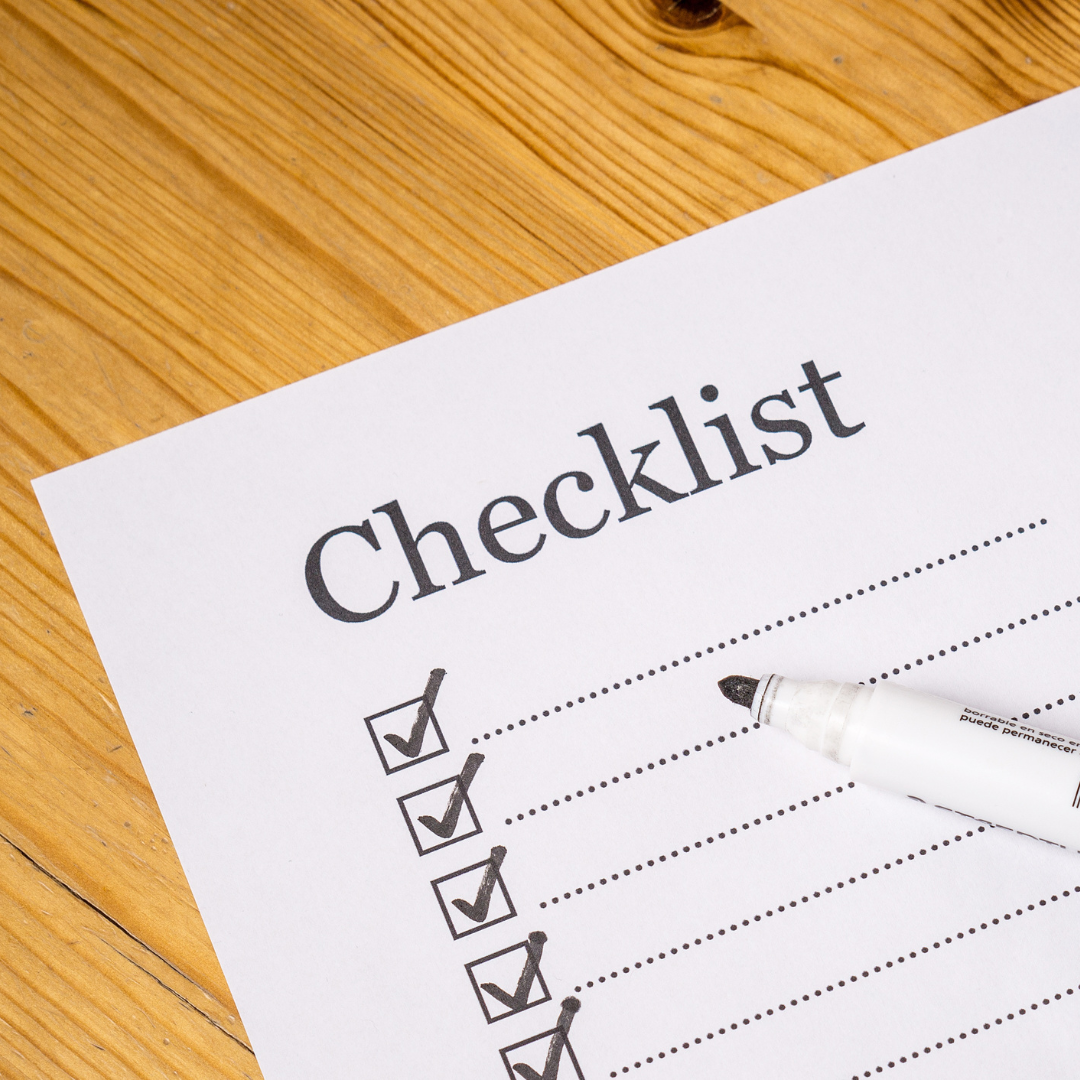
Oriana Financial agents are experienced and specialize in first-time buyers.
First Time Home Buyers
Buying Your First Home? Here’s What You Need to Know!
Buying your first home is an exciting experience but can also be overwhelming.
Let’s figure out what you can afford, look into approvals, and take advantage of the programs available to first-time buyers in Canada.
Getting Started
The Downpayment
A down payment is the lump sum of money you will have to put towards the total cost of your new house, such as money in a savings account, a gift from a family member, or a withdrawal from your first home savings account (FHSA) or registered retirement savings plan (RRSP). According to the rules set by the Canadian federal government, the amount you’ll need for the down payment depends on the purchase price of the home.
| Purchase price | Minimum down payment required |
| $500,000 or less | 5% of the purchase price |
| $500,000 to $1.5 million | 5% of the first $500,000 of the purchase price 10% of the portion of the purchase price above $500,000 |
| $1.5 million or more | 20% of the purchase price |
Buyers with less than a 20% down payment must include the added cost of mortgage loan insurance in their budget.
Struggling to Save? There are options!
The Affordable Home Ownership Program:
The Ontario Affordable Home Ownership Program provides a 5% down payment assistance loan for low- to moderate-income first-time homebuyers.
Borrowing A Down Payment: Non-traditional sources could include unsecured personal loans or unsecured lines of credit.
GST/HST New Housing rebate
If you purchase or build a new house, or significantly renovate your primary residence, you could recoup some of the Goods and Services Tax (GST), or the federal portion of the Harmonized Sales Tax (HST), that you paid.
Different rules apply depending on property type and location, so make sure the new home you have your eye on is eligible for a rebate.

First-Time Home Buyer Programs and Tax Rebates
There are several government programs and tax rebates designed to help first-time buyers get into the housing market.
To qualify for most programs, you must be at least 18 years old, a Canadian citizen or permanent resident, and live in the home as your principal residence within nine months of buying it.
The First Home Savings Account
The first home savings account (FHSA) is a registered account intended to help first-time home buyers save for a down payment. Account deposits and withdrawals are tax-free, and like a tax-free savings account (TFSA) or RRSP, any income earned from interest, dividends, or capital gains is tax-free. Individuals can contribute a maximum of $8,000 per year to their FHSA, up to a lifetime maximum of $40,000. Funds can be held in an FHSA for up to 15 years, at which point the money must be used to buy a home, transferred to an RRSP or a registered retirement income fund (RRIF), or withdrawn as taxable income.
Click here for more information.
The Home Buyers’ Plan
The Home Buyer’s Plan allows you to withdraw up to $60,000 from your RRSP ($120,000 per couple) to make a down payment on your first home. This money can be withdrawn and used without penalty or taxation if repaid to your RRSP within 15 years.
Click here for more information.
The Home Buyers’ Tax Credit
New homeowners can claim up to $10,000 on their tax returns as part of the Home Buyers’ Tax Credit. The credit applies to a home purchased within the past year and provides a non-refundable rebate of $1,500.
Click here for more information.
Land transfer tax rebate
The provinces of Ontario, British Columbia and Prince Edward Island offer land transfer tax rebates to eligible buyers, as does the City of Toronto (the only municipality in Ontario to levy a land transfer tax of its own). Eligibility requirements vary per jurisdiction, as does the amount you may be eligible to receive.
Click here for more information.
Affordable Home Ownership Program
The Ontario Affordable Home Ownership Program provides a 5% down payment assistance loan for low-to-moderate-income first-time homebuyers.
Click here for more information.
First-Time Purchaser Rebate (Toronto only)
First-time buyers in Toronto can avoid some or all of the municipal land transfer tax.
The requirements for Ontario’s provincial rebate program apply to this municipal rebate as well. The maximum refund is $4,475.
If you qualify for both the Ontario and Toronto rebates, you could shave up to $8,475.

Mortgages 101
To simplify, a mortgage is a loan used to buy a home or property. There is a lot to cover when it comes to mortgage lingo. Here are a few things to familiarize yourself with to make sure you get the right mortgage for your needs.
- Term: The amount of time your mortgage contract is in effect. Terms can range from six months to five years or more.
- Amortization: The length of time that it will take to pay off your mortgage. Most mortgages have amortization periods of five to 25 years. Some buyers qualify for 30-year mortgages. Buyers typically complete several mortgage terms before paying off the loan entirely.
As of December 15, 2024, all first-time home buyers in Canada are able to extend their mortgage amortization period to 30 from the previous maximum of 25, regardless of whether they’re an insured or uninsured borrower
- Interest rate: The interest you will pay on the mortgage. The interest paid is incorporated into your regular mortgage payment; the other portion of your payment pays down the principal amount borrowed.
- Open or closed mortgages: Refers to flexibility in your mortgage repayment terms. If you want to be able to renegotiate, refinance, or even repay outside the original terms, you’ll want an open mortgage. A closed mortgage won’t allow for flexibility. However, it will typically have a lower interest rate.
- Fixed and variable rates: With a fixed rate, the mortgage interest stays the same throughout the term. However, a variable rate can fluctuate as market conditions change.
Why Use A Mortgage Agent:
- Access to numerous lenders and products.
- Exclusive Mortgage Agent Products available.
- Mortgage Agents work with your best interests in mind.
- Work 7 days a week with extended hours.
- Instant access to new programs.
- Options! We find a lender to fit your unique needs and requirements.
- Even though you will have access to many lenders, your credit report will only be requested once.
- You get the best rate you qualify for.
- Mortgage Agents build long-term relationships with clients and lenders
- We can travel to you.
How much can I afford on a mortgage?
Once you have a sizeable down payment, the next step is figuring out how much you can afford on a mortgage—the amount you will pay back, with interest, to the lender. The mortgage is calculated as the total cost of your home minus the down payment.
When you apply for a mortgage, your lender will examine your gross debt service (GDS) ratio and total debt service (TDS) ratio to determine how much mortgage you can reasonably afford with your debt and income level.
Calculators for a Variety of Mortgage Options
Use our exclusive mortgage calculators to determine your mortgage payment, create an amortization schedule, calculate the maximum mortgage amount you qualify for based on your income or calculate your mortgage payment for several payment frequencies. You can even compare the financial advantage of renting and buying based on your current monthly rent, funds towards your down payment, and your desired monthly payment if you purchased a home or just call an Oriana Mortgage Agent to assist you.
Be sure to follow up with a seasoned mortgage agent to reconfirm these numbers to ensure accuracy and suitability.
Click here to access the Oriana Mortgage Calculators.
Mortgage Pre-Approvals:
The purpose of a mortgage pre-approval is essentially to make sure you’re shopping within your housing budget.
Click here for more information.
Mortgage Stress Test
The Canadian mortgage stress test is a set of rules lenders use to determine if buyers qualify for a mortgage and, if so, for how much. It applies even for buyers with a down payment of 20%.
The stress test was created to ensure home buyers can still afford their homes if mortgage rates go up. Under the rules of the stress test, lenders apply a benchmark rate of 5.25% or the rate equivalent to 2% more than the rate you’re being offered—whichever is higher. These rules apply to anyone purchasing property in Canada, not just first-time home buyers.

Work With Professionals
Even if you’re not a first-time home buyer, you’ll inevitably bring in a professional or two to help complete the home buying process. You’ll generally need to find:
A real estate agent or Realtor. You don’t need an agent to help you find a home, but their local expertise and negotiating experience may be invaluable. As a buyer, you don’t pay an agent or Realtor commission.
A mortgage professional. You can’t get a mortgage without either a bank’s mortgage advisor or an independent mortgage broker underwriting your loan and explaining the terms of your mortgage.
A real estate lawyer. Another must-have, if only to look over the details of your purchase agreement and ensure you understand them.
Finding real estate professionals can be stressful since you’ll want to find trustworthy people. Start by asking your friends and family for recommendations.

First-time home buyer checklist
Firm up your credit score:
- Access your credit score for free to see where you stand now.
- Check the report for any lingering issues or mistakes.
- Decide if there are debts that can be paid down quickly, which could improve your score.
Create an initial budget:
- Confirm the down payment savings you have available.
- Add up your household monthly income and subtract recurring debt payments and monthly expenses.
- Use a mortgage affordability calculator to estimate mortgage payment amounts.
Get pre-approved for a mortgage:
- Contact your bank or a mortgage broker and assemble the list of documents required for pre-approval.
- When pre-approval is complete, review your mortgage options.
Decide what you’re looking for:
- Based on your pre-approval amount, research homes available within your budget.
- Make a list of “must-haves” for the home you buy, including location and neighbourhood amenities.
- Make a list of “nice-to-haves” that you’re willing to compromise on.
Find a real estate agent to work with:
- Ask friends and family if there’s a local agent they would recommend.
- Interview a few agents until you find one you’re comfortable with.
- Discuss your must-haves and nice-to-haves with your agent.
View properties and make offers:
- Ask your agent to explain the various conditions sellers might require when accepting offers. Factor in the taxes, insurance, upkeep, and repairs you’d be paying for as a homeowner.
